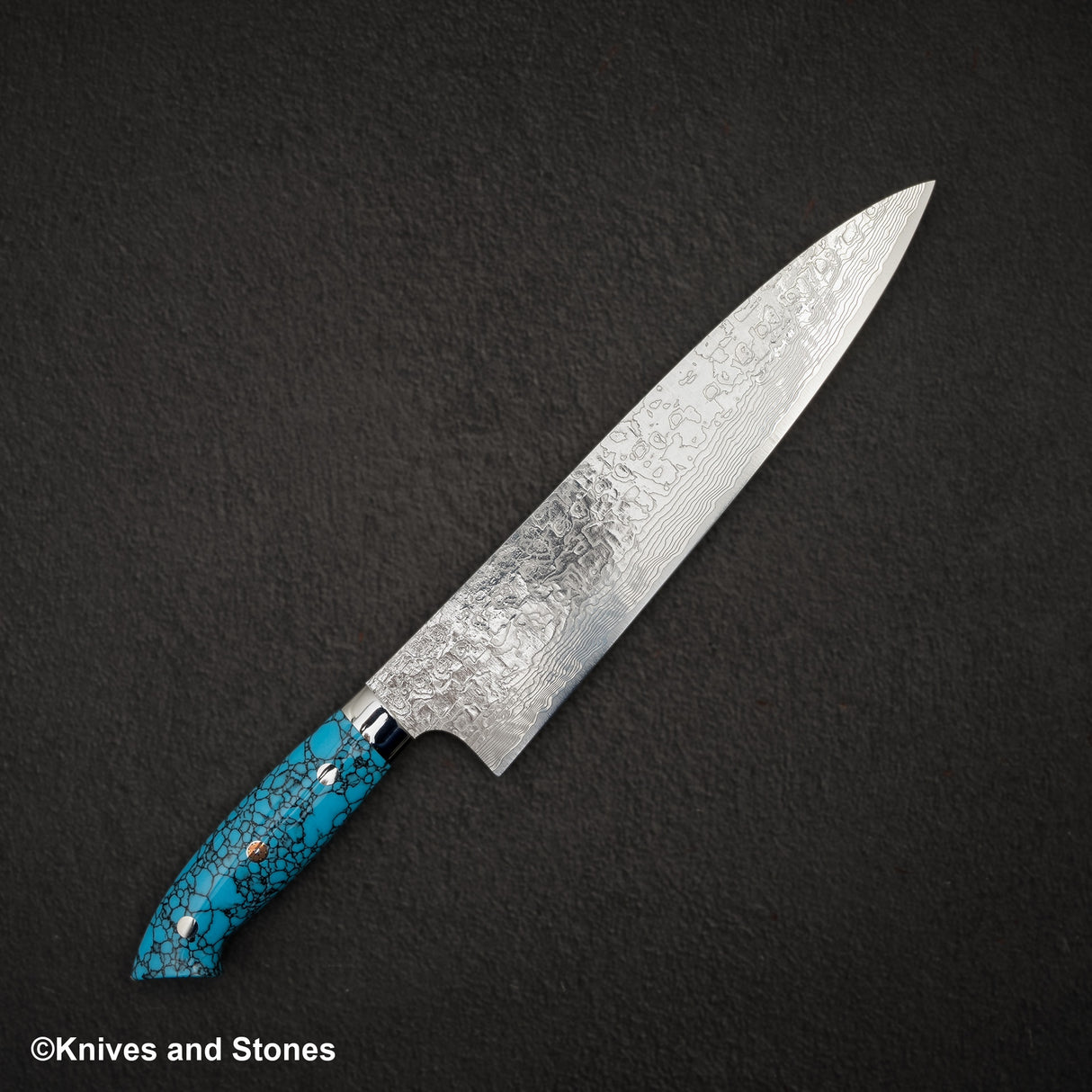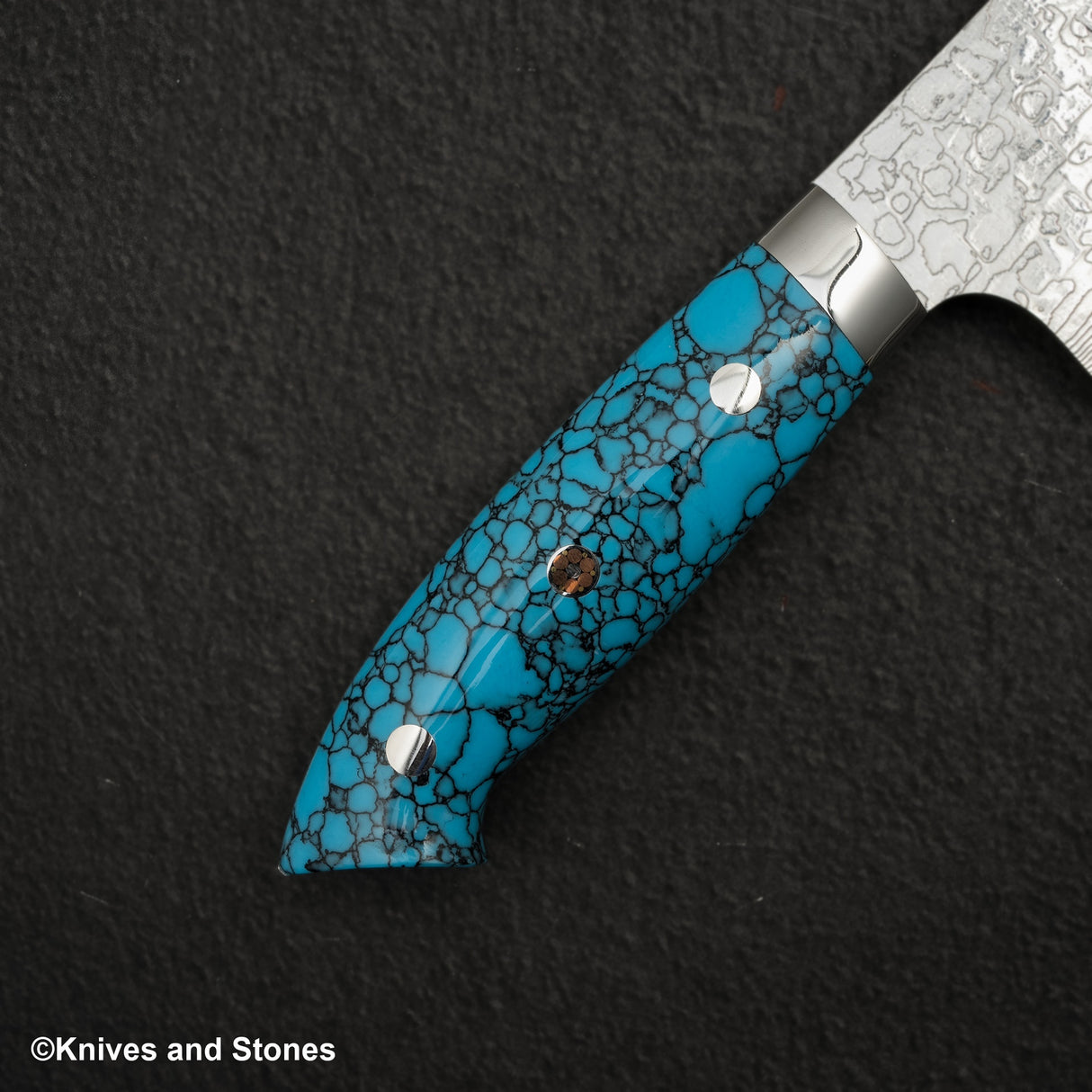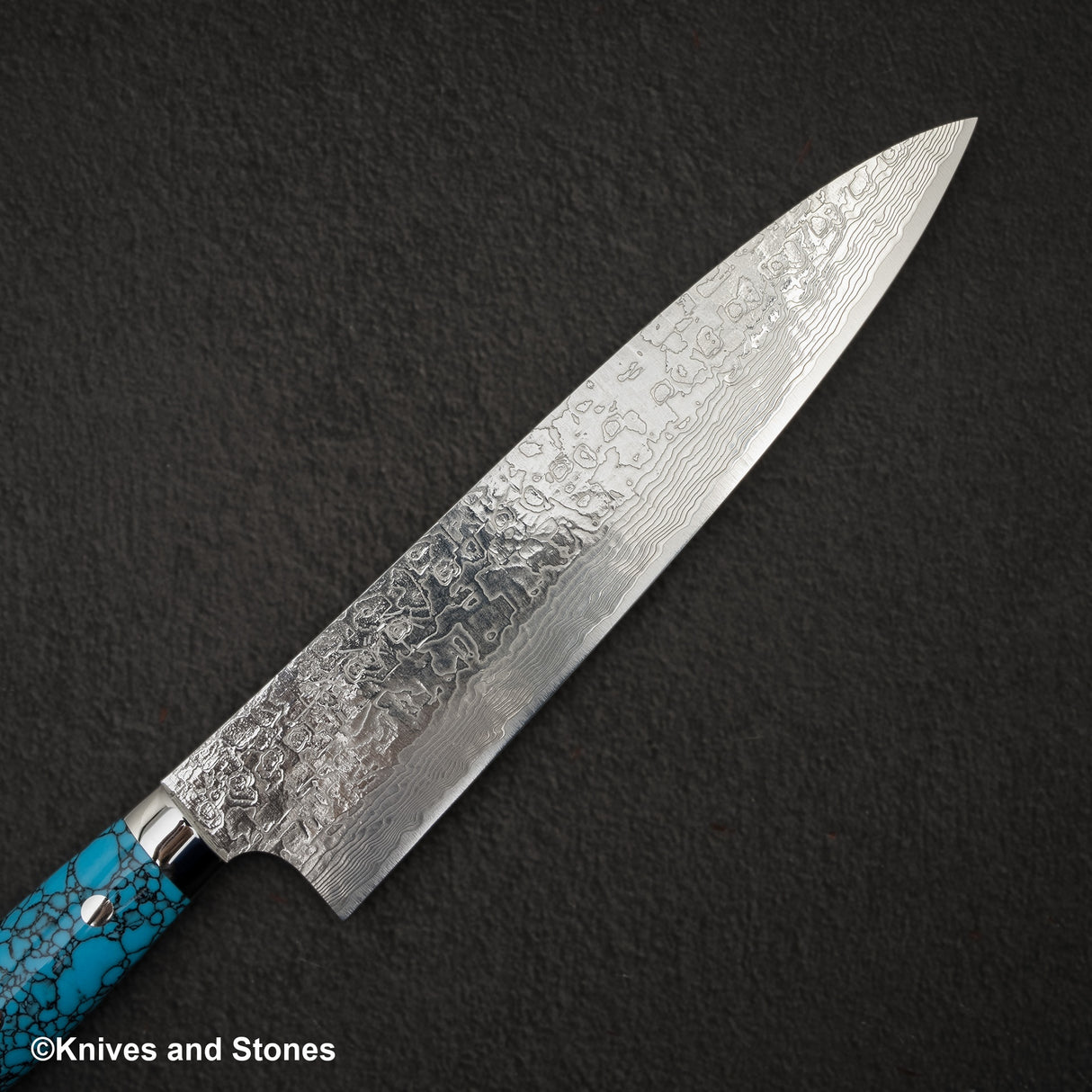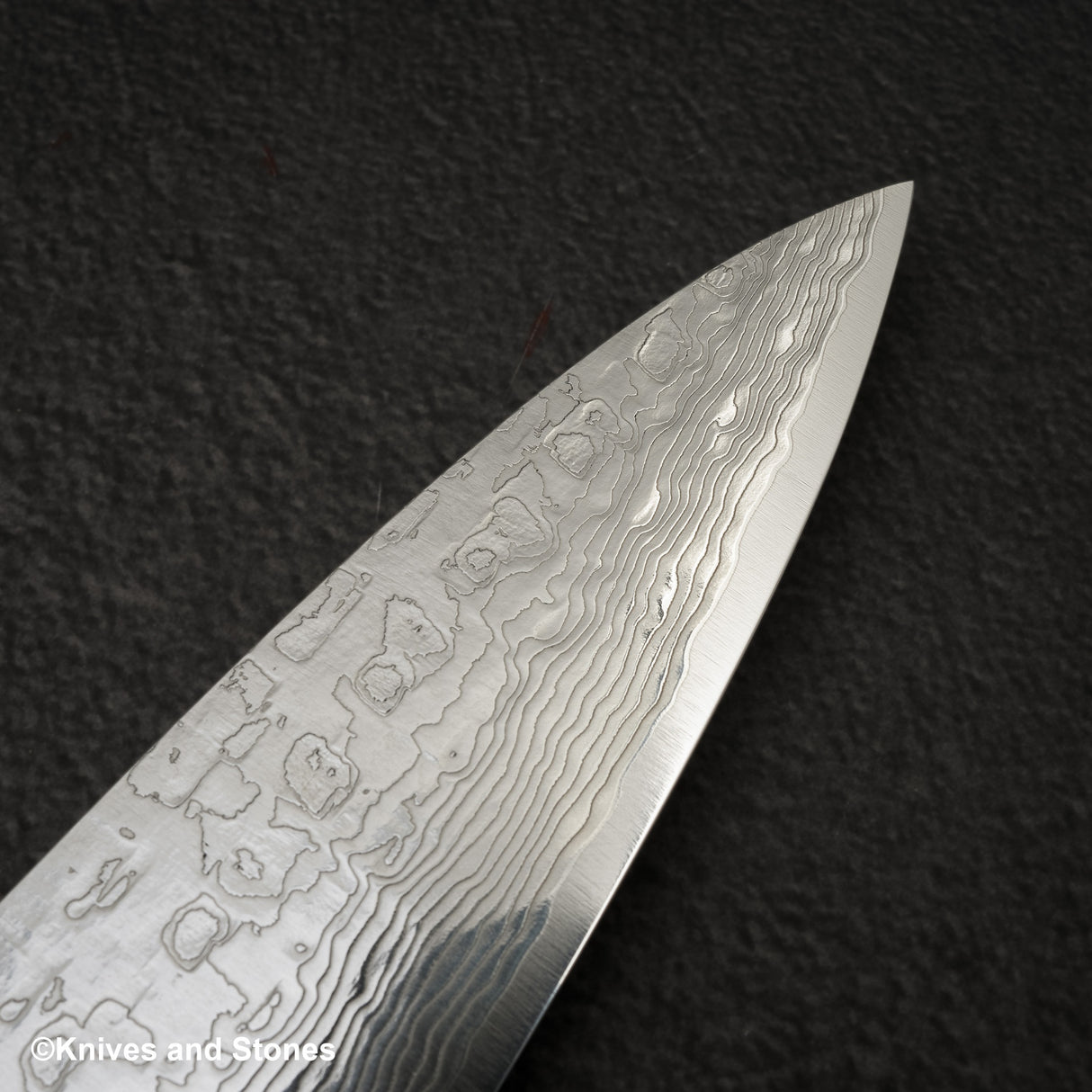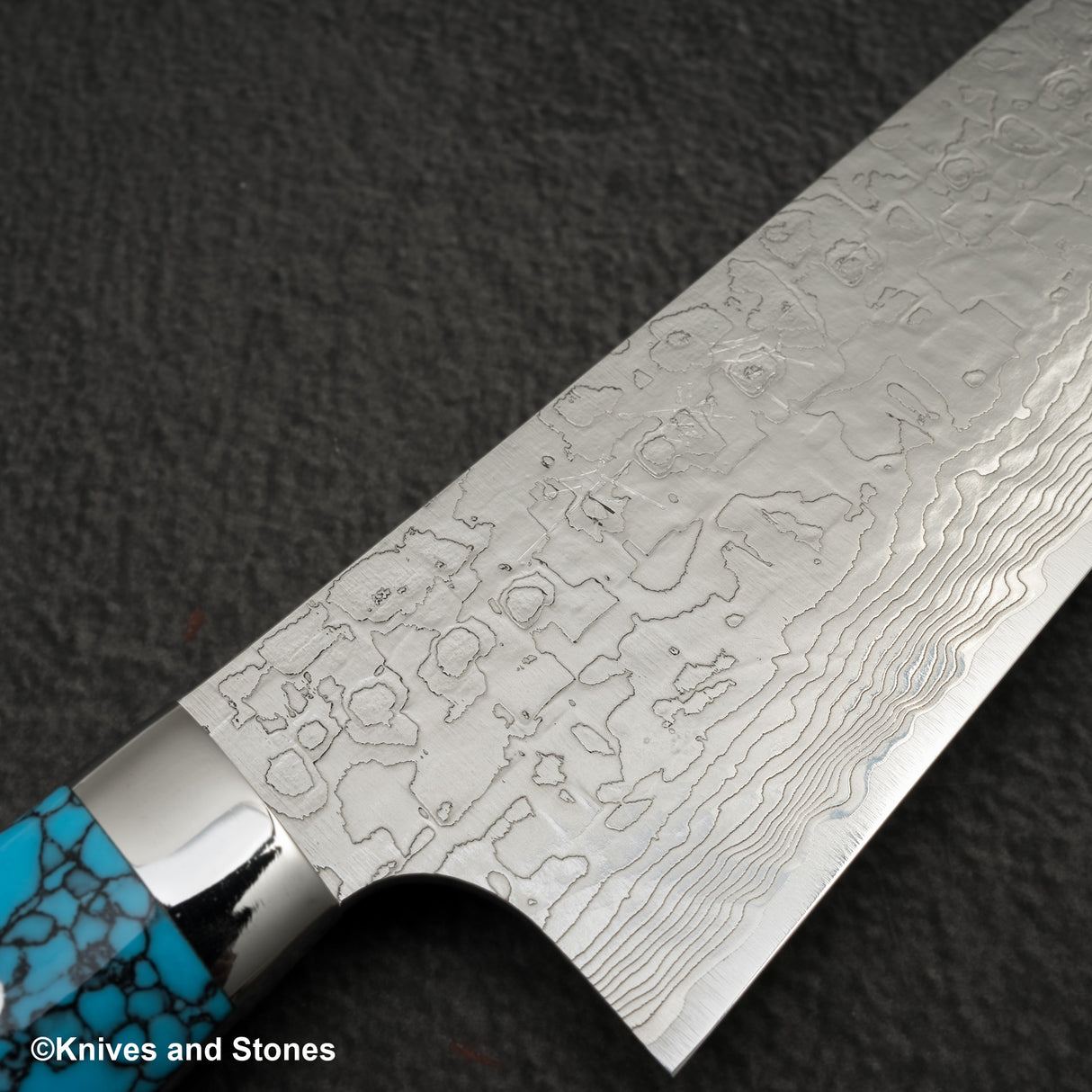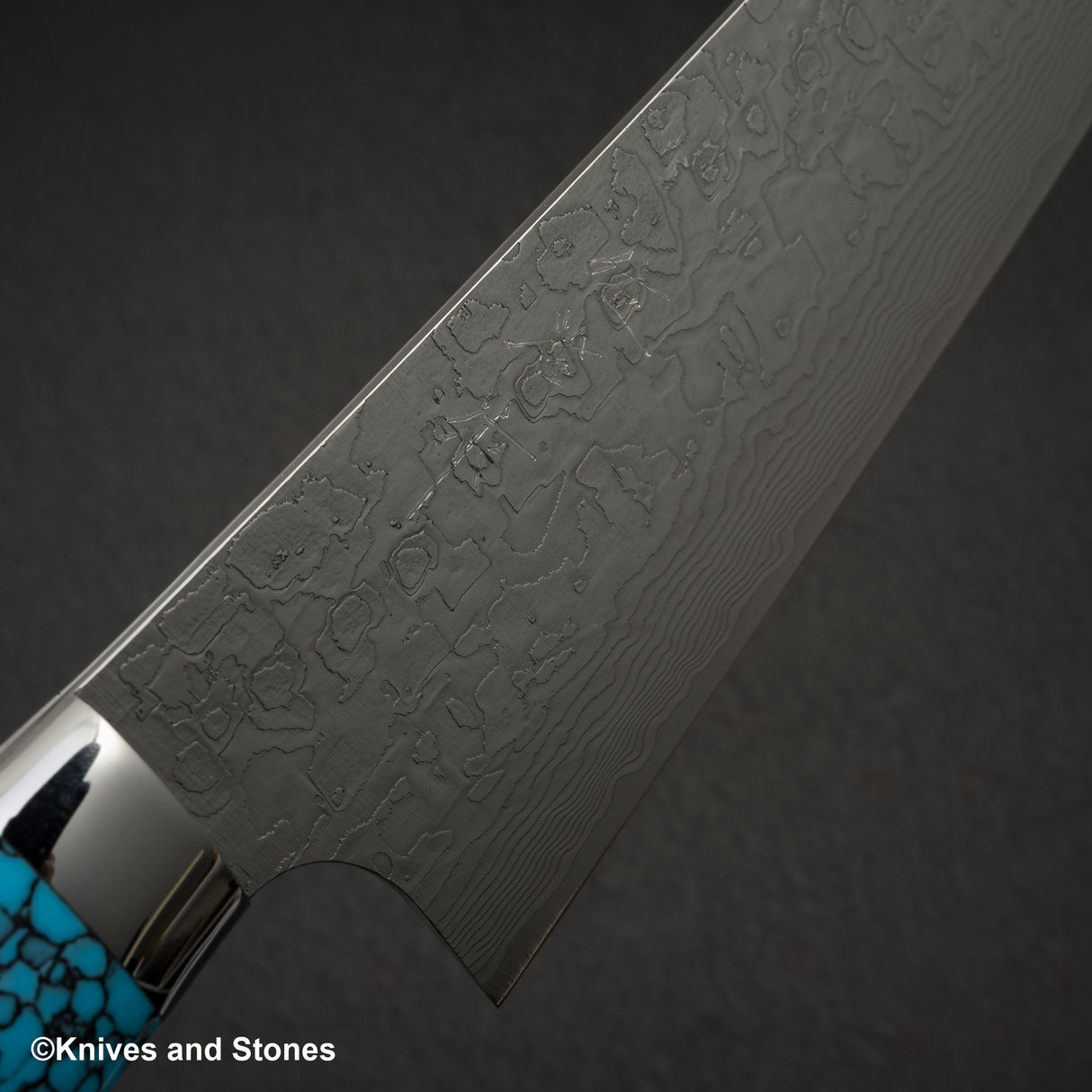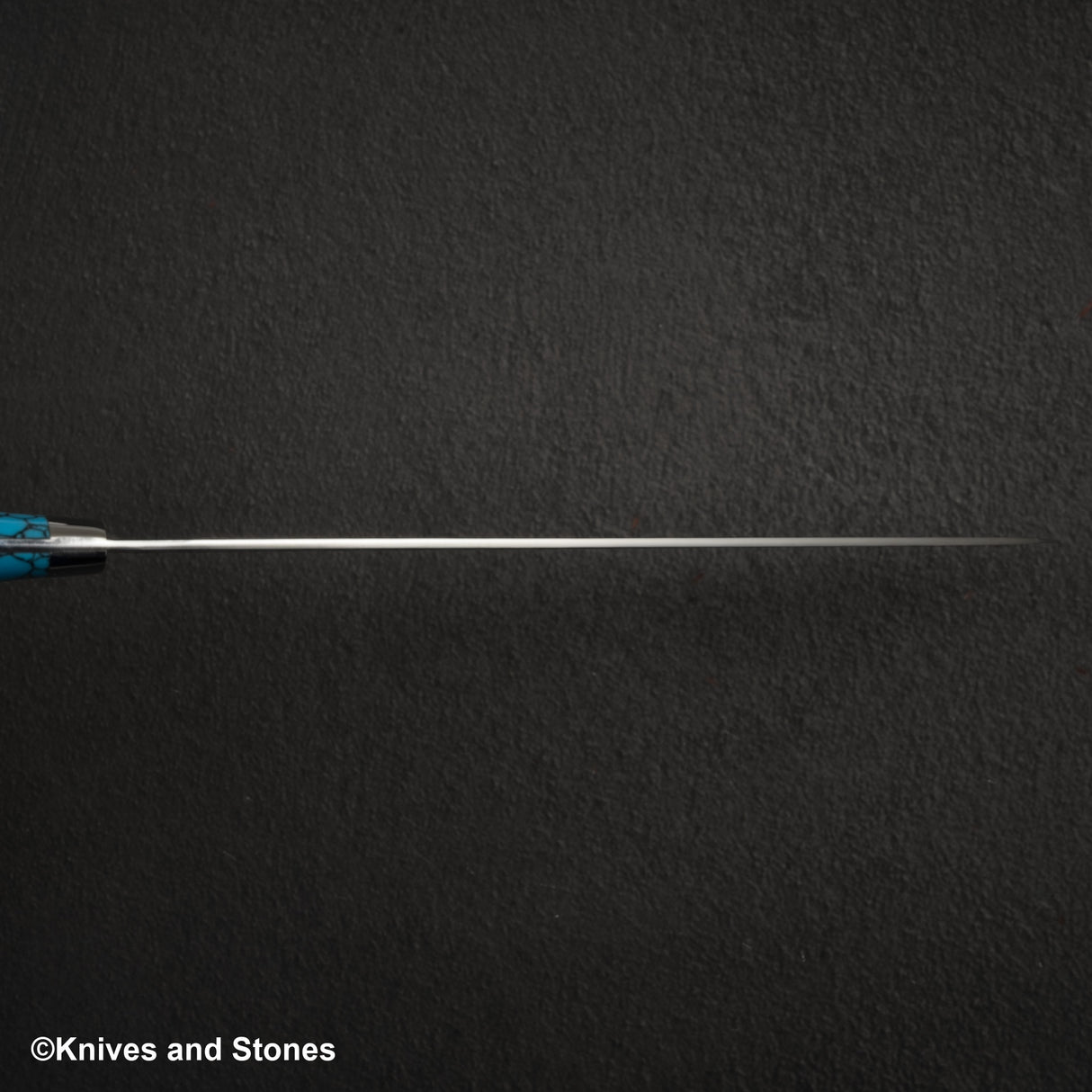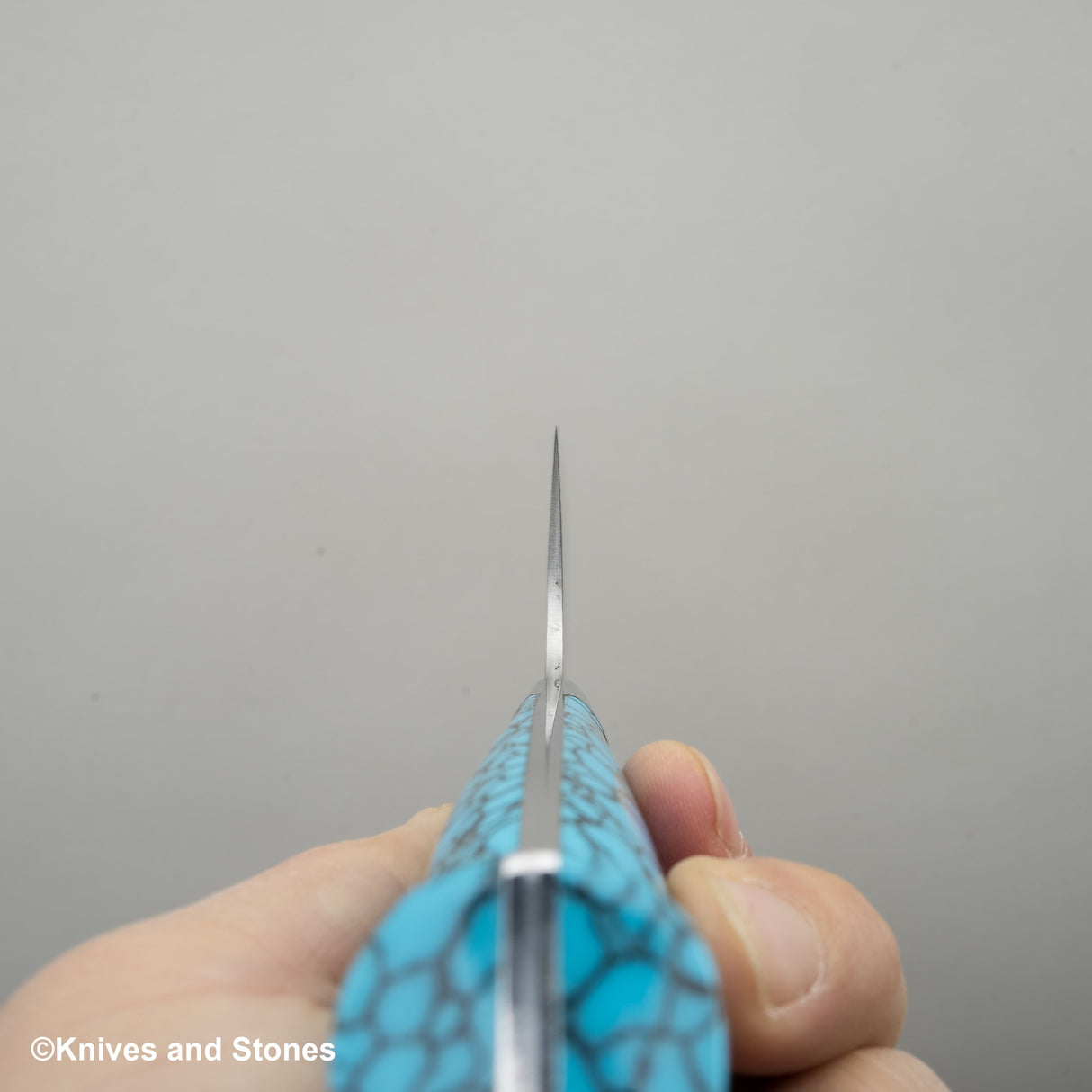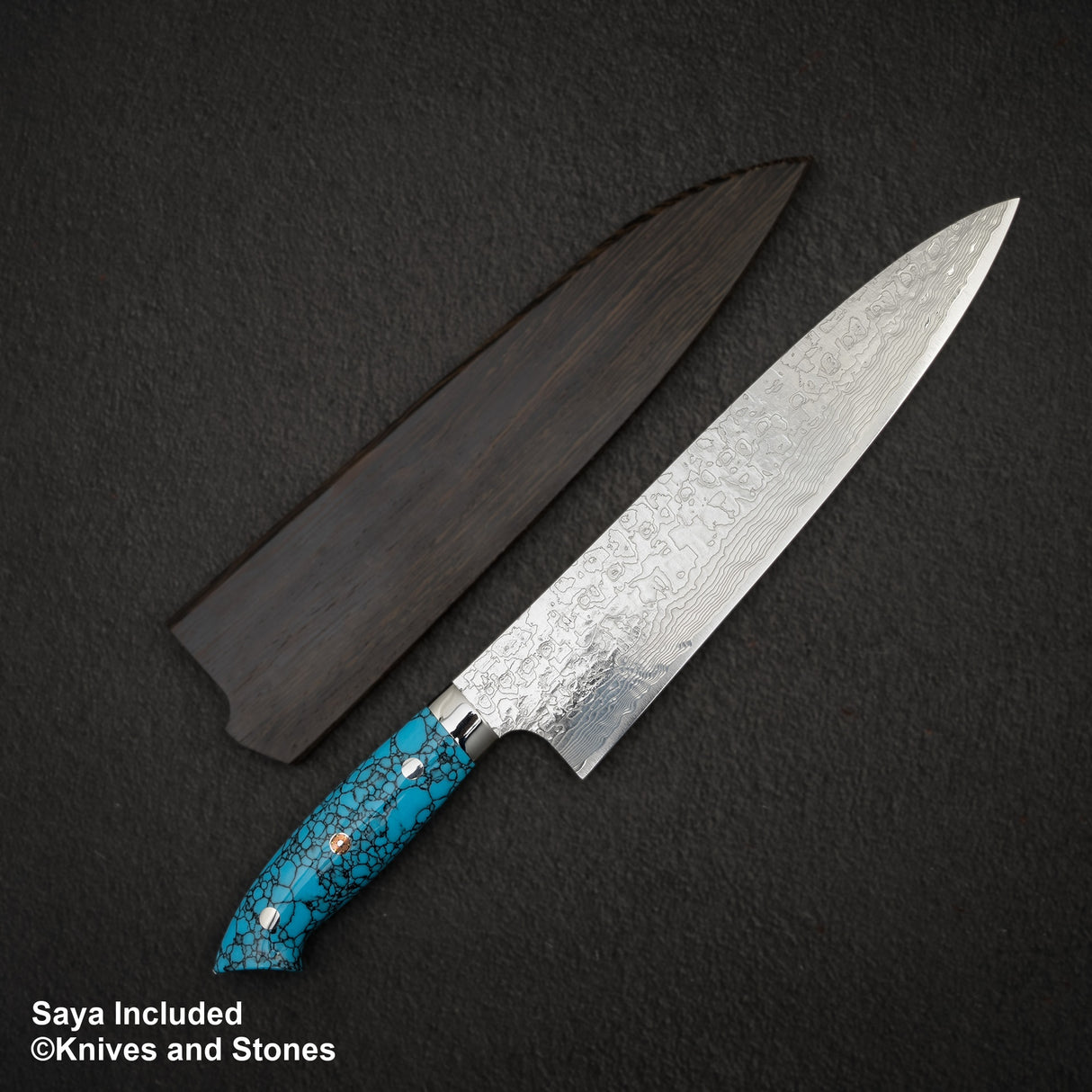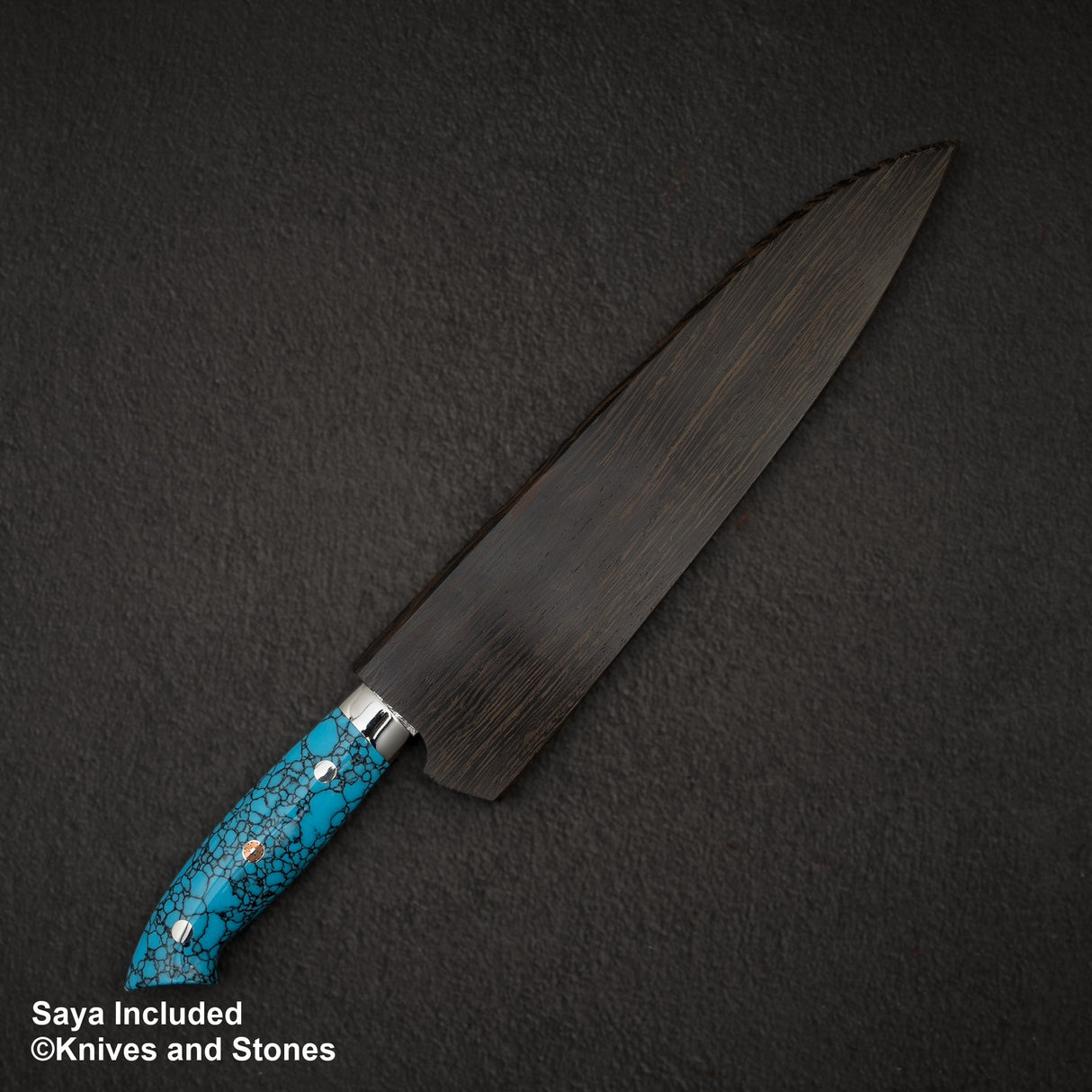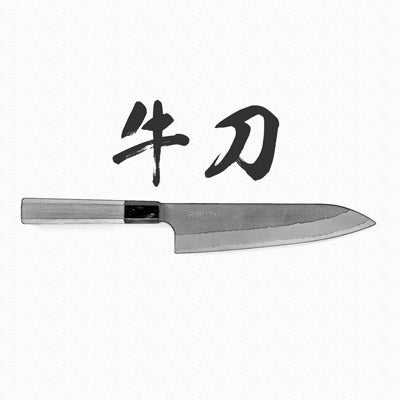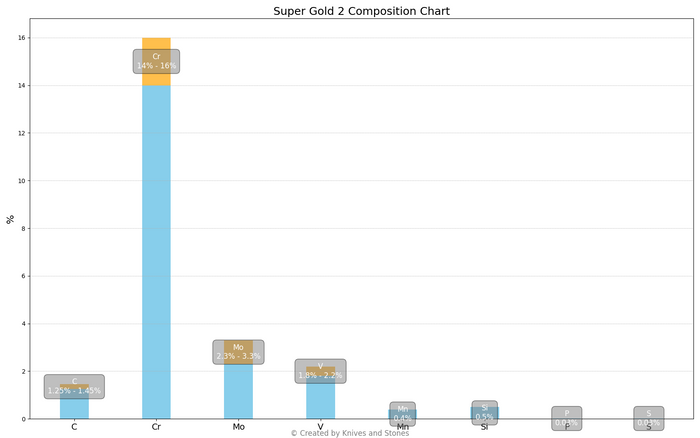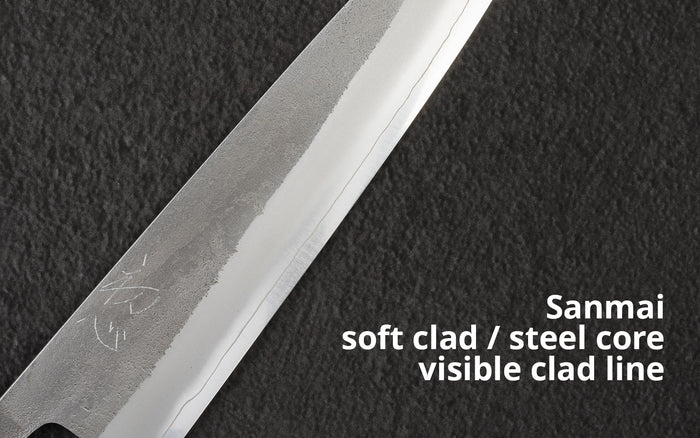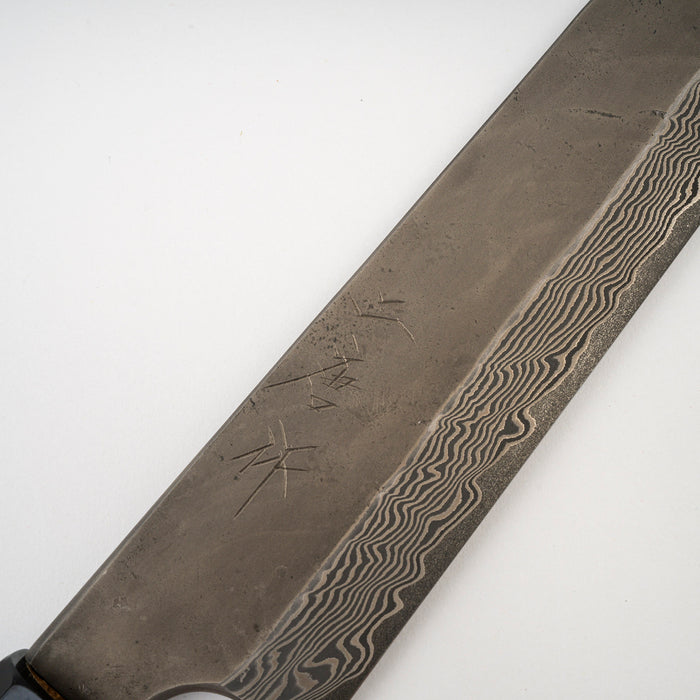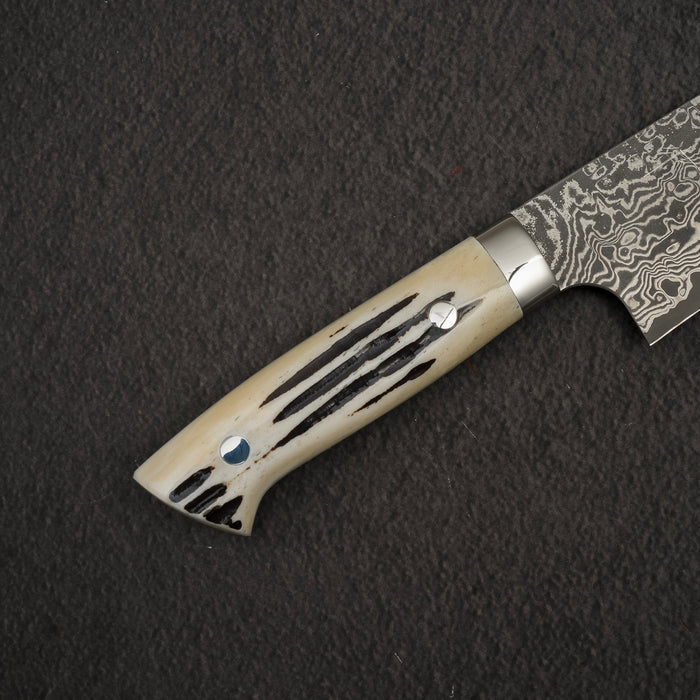Takeshi Saji SG2 Diamond Damascus Gyuto 240mm Nomura Style Turquoise Handle
Takeshi Saji SG2 Diamond Damascus Gyuto 240mm Nomura Style Turquoise Handle is backordered and will ship as soon as it is back in stock.
Couldn't load pickup availability
Detailed Specifications
| Line | Saji SG2 Diamond Damascus |
| Profile | Gyuto / Chefs Knife |
| Bevel Type | Double Bevel |
| Weight | 293 g 10.34 oz |
| Edge Length | 245 mm .9.65 inch |
| Heel Height | 54 mm .2.13 inch |
| Width @ Spine | 2.3 mm 0.09 inch |
| Width @ Mid | 2.3 mm 0.09 inch |
| Width @ 1cm from Tip | 1.1 mm 0.04 inch |
| Steel | SG2 / R2 | Powdered Stainless |
| Blade Construction | Sanmai - Stainless Clad |
| Hardness (HRC) | 62 - 64 |
| Surface Finish | Etched |
| Handle | Saji Western |
| Region | Takefu |
| Best for |
|

| Pros | Cons |
|
|
|
Care Instruction
- Don't cut hard things! Japanese knives are brittle so bone hacking is a NO NO!
- Wash with neutral detergent after use, and wipe dry;
- Please don't wash knife with dishwasher, it will damage the wood handle;
- Be careful not to leave the knife close to a heat source for a long time;
- It is a lot more dangerous to cut with a blunt knife than a sharp knife!
- It is best to sharpen a Japanese knife regularly on a waterstone.

